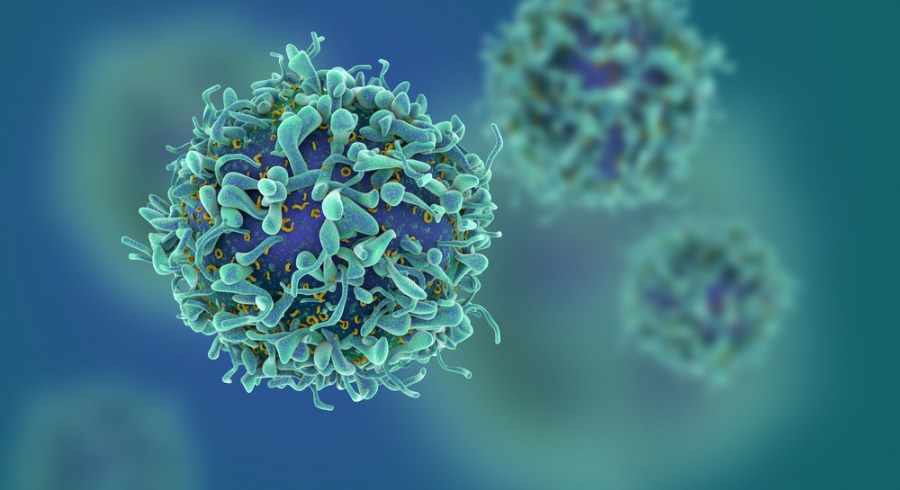How clued up are you when it comes to spotting the possible signs of cancer? A recent survey has found that many Brits need educating on symptoms commonly associated with the disease.
More than 24,000 cases of cancer have gone undiagnosed as a result of health services treating COVID-19 patients, and it’s vital that Brits can spot signs and symptoms associated with cancer, but just how knowledgeable are you?
A survey of 2000 UK residents about their cancer awareness found that 88 per cent of respondents were unable to identify symptoms commonly associated with cancer. Half of Brits aren’t aware of pancreatic or oesophageal cancers – two of the UK’s deadliest cancers.
What the research showed
• Six in ten Brits can’t identify the body parts associated with major cancers
• Only 12 per cent of Brits were able to correctly identify all seven of the common symptoms of cancer without picking an incorrect one
• More than half of Brits say they ‘don’t know anything’ about pancreatic cancer and oesophageal cancer and a further 44 per cent of respondents say the same about brain cancer, liver cancer and stomach cancer
When it comes to cancer, two concepts are common knowledge. The first is that cancer can be deadly. The second is that patients have a higher chance of a full recovery if the cancer is treated early. However, new research by specialist lawyers Bolt Burdon Kemp has shown that, perhaps our own lack of knowledge may be the biggest risk factor of all.
Cancer knowledge lacking
The survey found that knowledge about cancer is severely lacking. With cancer accounting for more than a quarter of all deaths in the UK, this lack of awareness could have devastating consequences.
Through a multiple-choice, ‘tick any that apply’ question, the survey gave respondents a list of 10 symptoms, and asked them to choose the ones they believed to be common symptoms of cancer. Only seven of the options were correct, while the other three were options that are not typically warning signs of cancer.
Identifying cancer symptoms
Only 12 per cent of respondents were able to correctly identify all seven symptoms without picking an incorrect one. A further look into the rest of the respondents reveals a shocking lack of knowledge about this aspect of cancer:
Half of the survey respondents were able to identify at least one correct symptom of cancer
Being aware of the common early signs of cancer – and being able to identify them in their own body – is a key first step in delivering timely cancer treatment.
Perhaps unsurprisingly, the survey found that more men than women say they know about prostate cancer, and more women than men say they know about cervical cancer. Women are generally more knowledgeable about reproductive cancers than men.
Women more knowledgeable
Women were also generally better at identifying early onset symptoms of cancer. Of those who were able to pick all seven of the listed symptoms without choosing an incorrect answer, 53 per cent were women while only 47 per cent were men. Likewise, of those who were unable to identify at least one correct symptom of cancer, only 38 per cent were women in contrast to 62 per cent being men.
Half of the respondents said they don’t know about pancreatic cancer (half also said the same about oesophageal cancer), while seven in 10 said they were not confident about what they did know about pancreatic cancer. Over six in 10 respondents were also unable to locate the pancreas on an image of the human body.
According to Pancreatic Cancer UK, pancreatic cancer has the lowest survival rate of all common cancers. This lack of public knowledge might be playing a part in this.
How to check for cancer
While it can be difficult to check for some cancers early – pancreatic cancer being one of them – there are some common cancer symptoms you can keep an eye out for. The following symptoms could be warning signs that you may have cancer:
• Persistent cough or hoarseness
• Persistent unexplained pain
• Unexplained lump or swelling
• Unexplained bleeding
• Persistent change in bowel or bladder habits
• Persistent difficulty swallowing
• Change in appearance of a mole
• Sore that does not heal
• Unexplained weight loss
• A dark line on the nails
In general, if you have any persistent pain or ailments, or have unexplained changes occurring in your body, seek medical advice. By becoming more aware of our own bodies, and acting quickly if we spot any problems, we can give ourselves a better fighting chance against all types of cancer.
For a full overview of the study, click here.







